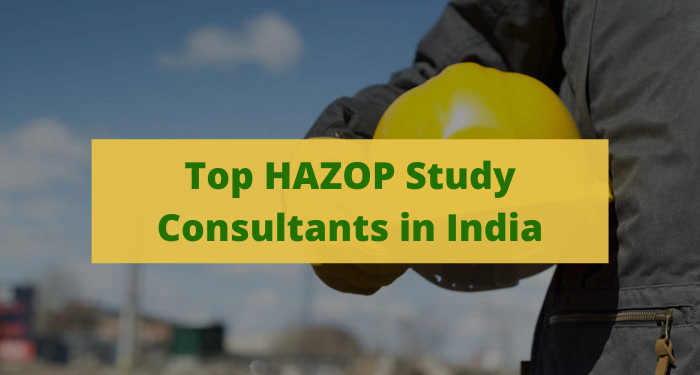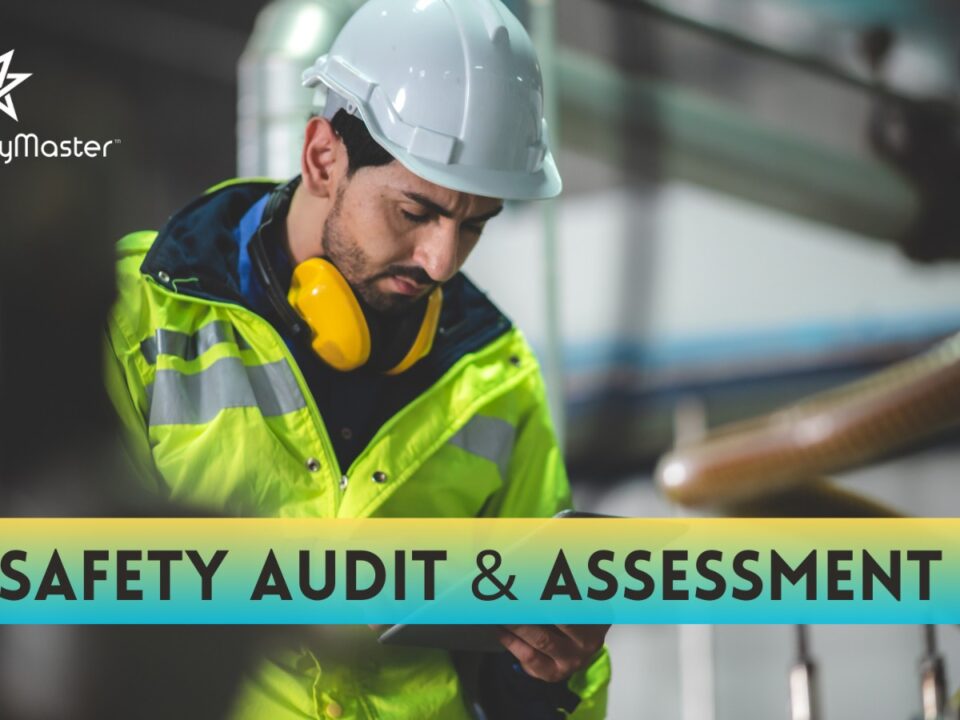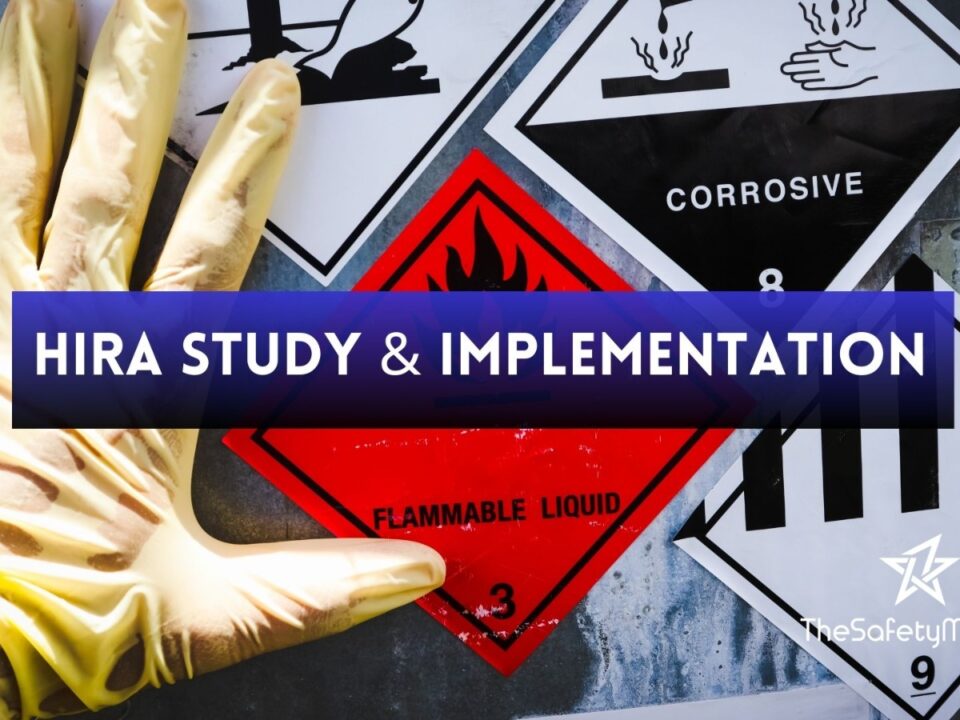Key Differences Between HAZOP and Other Safety Assessment Techniques

How to Conduct a Contractor Safety Audit to Protect Your Workers and Business
July 26, 2023
Enhancing Safety Culture: A Comprehensive Guide by a Leading Safety Consultant
July 28, 2023Process Hazard Analysis (PHA) techniques play a vital role in identifying and mitigating potential hazards in industrial processes to ensure the safety of personnel, equipment, and the environment. Two commonly used PHA techniques are Hazard and Operability Study (HAZOP) and What-If Analysis. While both methods serve the same ultimate purpose, they differ in their approaches and focus. Let’s explore the key differences between HAZOP and What-If Analysis:
HAZOP (Hazard and Operability Study)
1. Methodology: HAZOP is a systematic, structured, and team-based approach used to identify potential hazards and operability issues in a process. It involves breaking down the process into nodes and systematically examining deviations from the intended design using guide words (e.g., “more,” “less,” “reverse,” “other than,” etc.).
2. Focus: HAZOP primarily focuses on identifying potential causes and consequences of deviations from the intended process design. It aims to understand how deviations can lead to hazards, loss of containment, or operational difficulties.
3. Applicability: HAZOP is best suited for complex continuous processes where the interactions between various elements can lead to unforeseen scenarios. It is often applied during the design and early stages of a process to ensure safety considerations are integrated from the outset.
What-If Analysis
1. Methodology: What-If Analysis is a brainstorming technique where a team of experts asks “what if” questions to explore potential deviations and their consequences. The team assesses the process based on their expertise and knowledge of possible scenarios.
2. Focus: What-If Analysis focuses on exploring various “what if” scenarios to identify potential hazards and their consequences. It does not follow a systematic guide word approach like HAZOP.
3. Applicability: What-If Analysis is suitable for both continuous and batch processes. It can be applied at different stages of process development or operation to continuously assess safety aspects.
Comparison
– HAZOP offers a more structured and systematic approach, whereas What-If Analysis relies on expert brainstorming without a predefined format.
– HAZOP is particularly effective in identifying subtle and complex interactions in continuous processes, while What-If Analysis is flexible and can be adapted to various types of processes.
– HAZOP involves a team of multidisciplinary experts, fostering collaboration and diverse perspectives, while What-If Analysis can be conducted by a smaller team of subject matter experts.
– HAZOP tends to be more time-consuming due to its systematic node-by-node examination, while What-If Analysis can be relatively quicker.
In summary, HAZOP and What-If Analysis are both valuable PHA techniques, and the choice between them depends on the specific needs and complexity of the process under consideration. It is essential to employ the appropriate technique or even combine multiple techniques to comprehensively assess process safety and risk management.
The Safety Master Provides the Best HAZOP Consultancy
As a prominent HAZOP consultant, The Safety Master offers top-tier services to various industries to enhance their process safety measures. Their expertise lies in conducting HAZOP studies for complex and continuous processes, ensuring the identification of potential hazards and operability issues that may otherwise be overlooked. The Safety Master’s team comprises highly skilled and experienced professionals with in-depth knowledge of safety standards and regulations.
The Safety Master goes beyond just conducting HAZOP studies; they also provide comprehensive HAZOP training to engineers and technical professionals responsible for process safety management. This training equips participants with the necessary skills to lead and document the HAZOP process effectively. Moreover, they offer practical workshops and exercises to ensure a hands-on learning experience.
With a focus on delivering quality results, The Safety Master has gained a reputation for being reliable, efficient, and committed to helping industries maintain a safe working environment. Their ability to combine HAZOP with other safety assessment techniques like What-If Analysis and FMEA further demonstrates their comprehensive approach to process safety and risk management.
The Safety Master is a leading HAZOP consultant that offers top-notch services and training, making them a trusted partner in ensuring the safety and efficiency of industrial processes.



